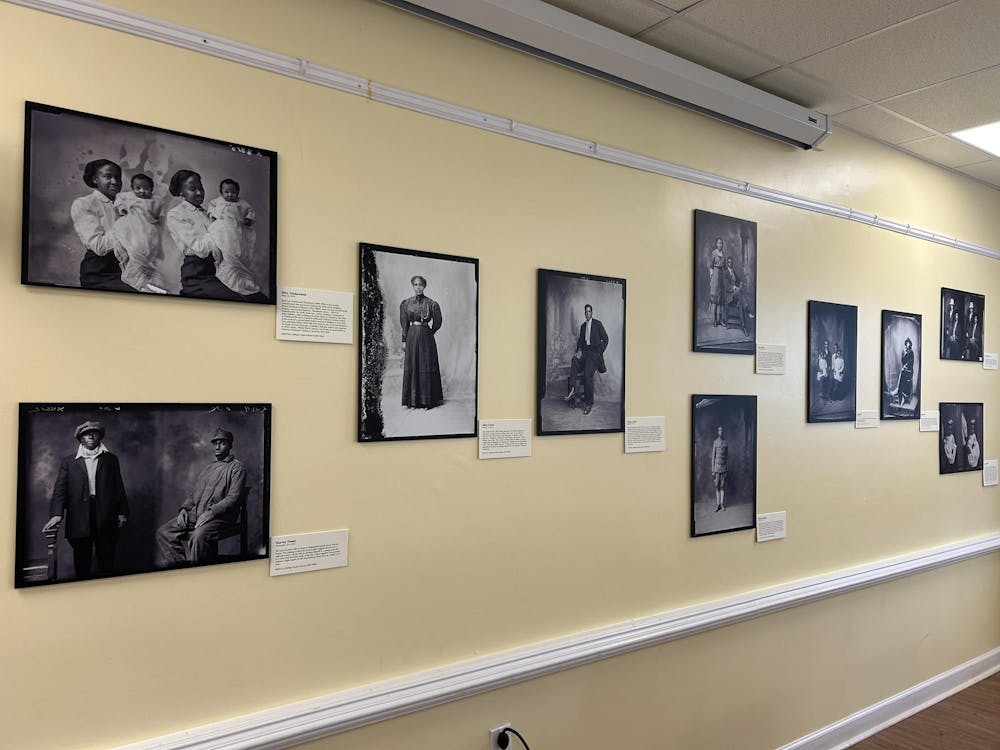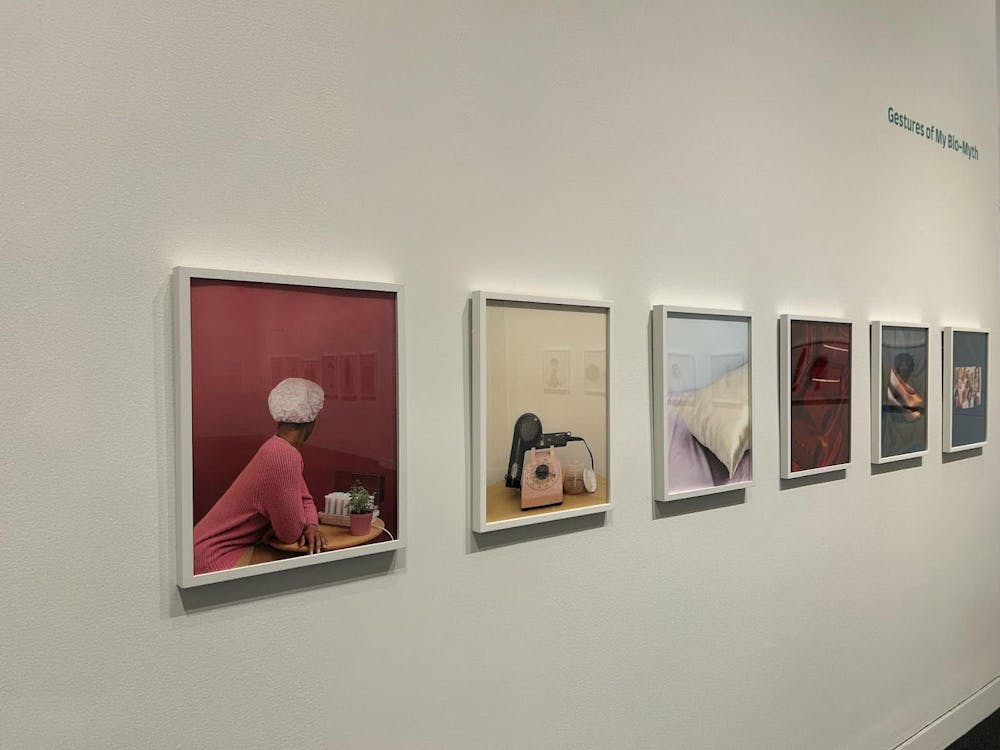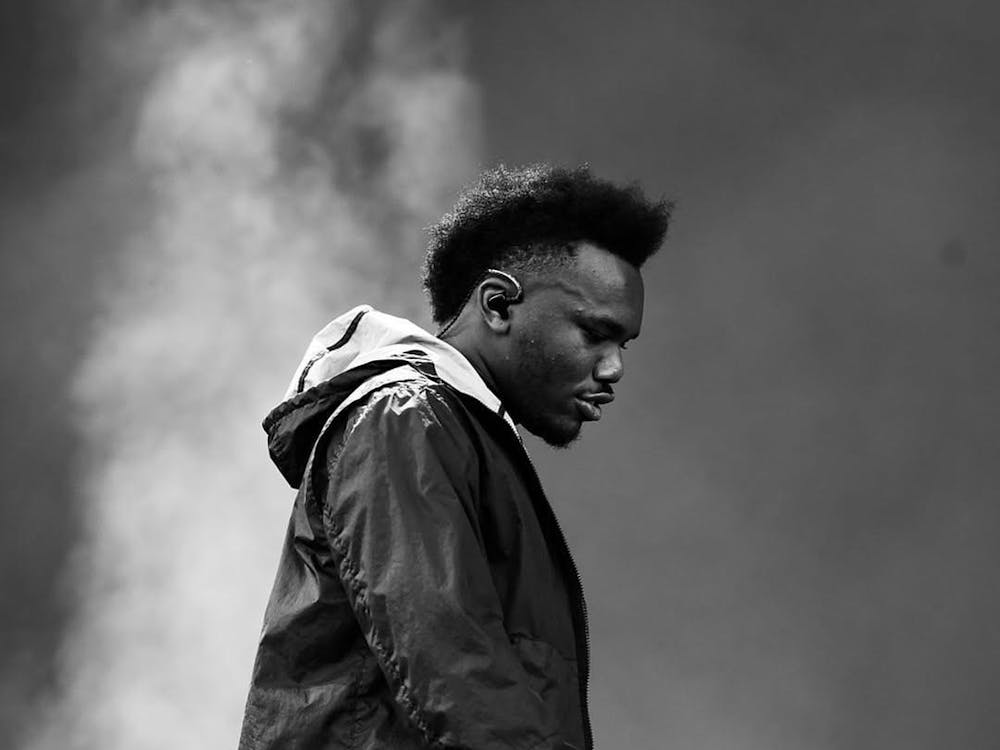Leonard Cohen’s latest album “You Want It Darker” is as dark as the title implies, but it has a terrific backstory. Drawing parallels to the mythologies surrounding Mozart’s “Requiem in D Minor” or Renoir’s “The Bathers,” Cohen recorded it ailing in a hospital chair. On the album’s back cover, Cohen admits, “My recovery, if not my survival, depended on my getting back to work.” This narrative permeates the work he has produced. Even in the bleakness of the album’s vision, Cohen operates with necessity and lucid clarity.
Cohen’s songwriting, always calm and direct, has often been called hypnotic. He is uniquely skilled at pinpointing an emotion and nailing it into his audience’s brain. Paradoxically enough, the prevailing emotion of “You Want It Darker” is loss of feeling.
This numbness is two-fold — it encompasses both erotic and religious feelings. The two have always been intertwined in Cohen’s mysticism. This, in short, is the subtext of “Hallelujah.” In “On The Level,” however, Cohen sees a conflict between the two. He remembers how he “was fighting with temptation / But I didn't want to win.” Ultimately, however, in the resolution of the song, Cohen rejects both sex and religion: “When I turned my back on the devil / [I] turned my back on the angel, too.”
Cohen rebuffs Bono’s maxim that “love is blindness,” reflecting on how the love he once had gave him vision. Though Cohen admits his demons were “middle class and tame,” he now suffers a “pain that is far more real than you / That’s smashed the Cosmic Model, that blinded every view.”
This album reflects, in short, a dark night of the soul for Cohen — sufferings which feel acutely real and cripplingly unconquerable to him. Cohen is tormented by loss of religious feeling. He has seen the water turned to wine and back to water again.
Cohen, to be clear, does not depict a world without a God, only one where he can’t see, feel or love one. In “Steer Your Way,” Cohen sings “The blunted mountains weep / As he died to make men holy / Let us die to make things cheap / And say the Mea Culpa, which you probably forgot.”
In “You Want It Darker,” though Cohen’s youthful love and lust have been blunted by realizations of mortality and suffering, his work remains moving and articulate. Neither words nor melodies are wasted. The integration of a string quartet and a Yiddish cantor on the album, arranged by Cohen and his son Adam, is both seamless and inspired, much like Cohen’s visionary use of a jaw harp in his earlier music.
“You Want It Darker” offers a moving meditation on suffering. The suggestion is, perhaps, that Cohen and the listener must confront overwhelming darkness for true redemption: a “treaty / Between your love and mine,” as Cohen calls it.






